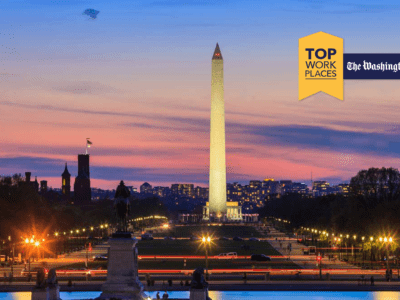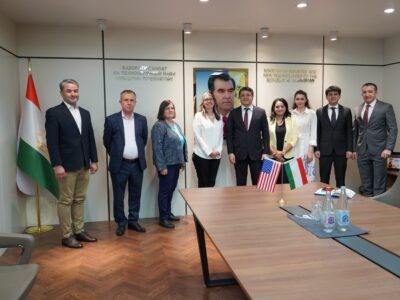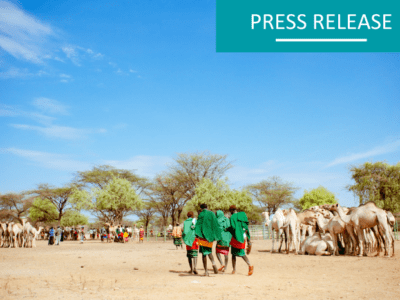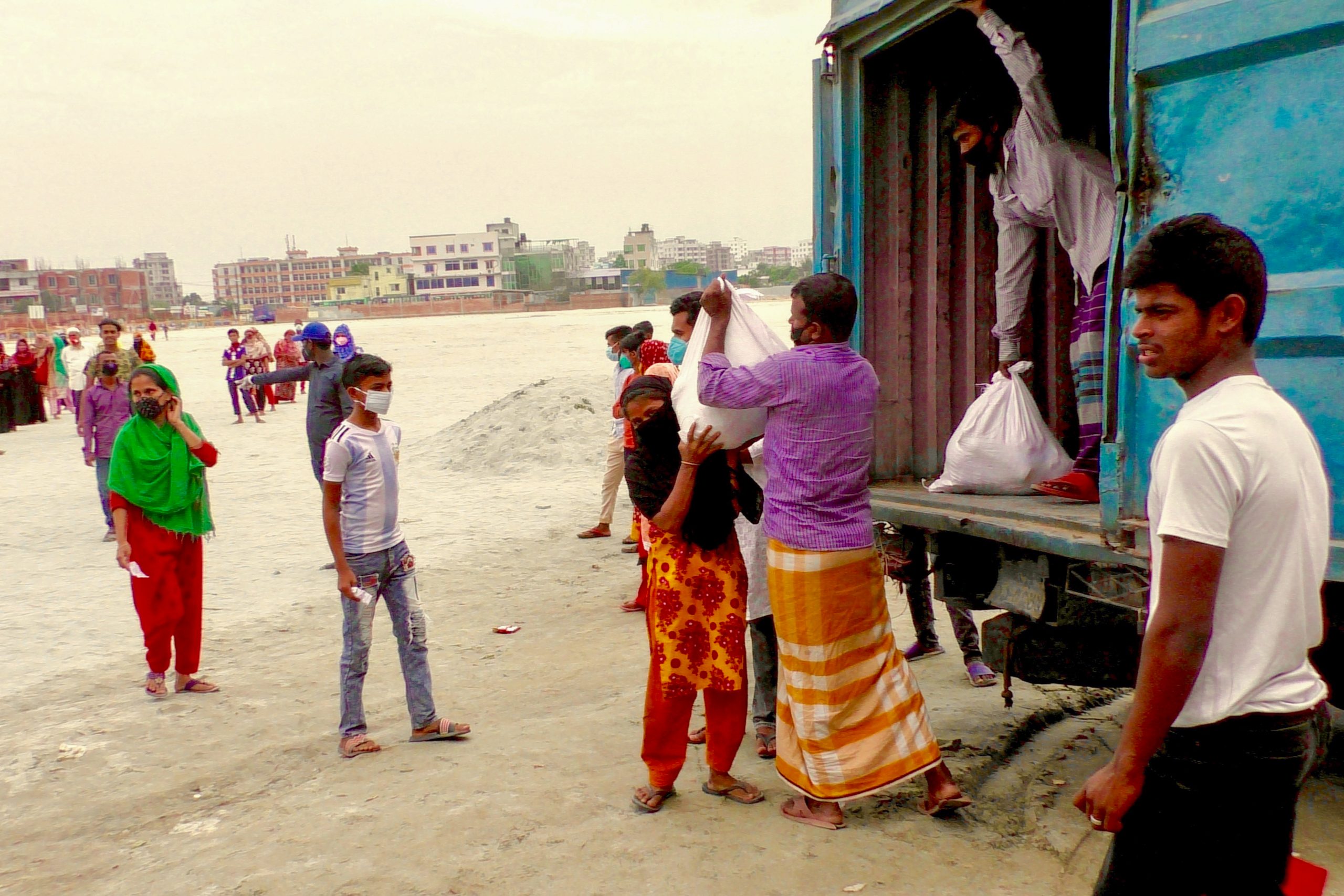
Chaldal is the largest online platform for grocery delivery in Bangladesh. Poised to become the country’s version of Amazon Fresh, the e-commerce giant was overwhelmed by demand when the COVID-19 pandemic hit the country. More people living in the capital city of Dhaka, with its dense population of 21 million, began staying home and relying on delivery services. Average daily orders tripled from 2,500 to 7,500.
Chaldal has partnered with the United States Agency for International Development (USAID) Feed the Future Bangladesh Rice and Diversified Crops (RDC) Activity since 2019 to source fine and fragrant rice and other grains from farmers and producers in the Feed the Future zone of southwestern Bangladesh, creating a strengthened supply chain network. The partnership has allowed Chaldal to expand its portfolio and market nutritious foods sourced from rural areas in Dhaka as well as adopt agile management solutions that have allowed the company to not only stay afloat but also thrive in the disruptions caused by the pandemic, despite nearly one-third of their employees leaving their jobs to return to their home villages with no notice.
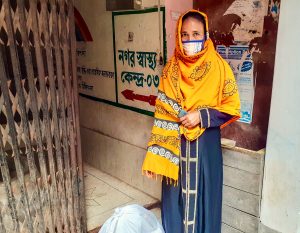
In Bangladesh, business closures and lockdowns exacerbated existing food insecurity and caused previously secure middle-income households to become vulnerable to poverty and malnutrition for the first time. As the largest e-grocer in Bangladesh, Chaldal sought solutions to the growing crisis by leveraging its partnership with the RDC Activity and its established procurement channels. The RDC Activity, which is funded by USAID and implemented by ACDI/VOCA, facilitated the company’s creation of an online portal to leverage their corporate social responsibility program.
Online Grocer Creates Portal to Deliver Food Aid
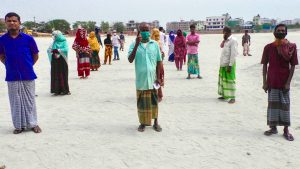
The food aid portal allows donors and global development organizations to place orders at-cost for packages of essential foods, which are then packed and delivered by Chaldal workers using personal protective equipment provided through the emergency support of the RDC Activity. Depending on the community’s needs, the packages are handed out at mass distribution sites or can be requested by households in need and delivered to their door via Chaldal’s existing, robust grocery delivery system. Since grocery delivery is common in the city, there is no indication to neighbors that the household is receiving food assistance, thus eliminating any potential social barriers to receiving aid. Chaldal hopes that as the pandemic subsides and the economy begins to recover, these middle-class households will resume purchasing groceries again and become customers, potentially giving back to Chaldal through donations to continue their support to poorer households throughout the city.
The portal has created a detailed data set of the pandemic’s impact on food security throughout the city. The use of GPS data has revealed previously unknown pockets of vulnerability to economic shocks like COVID-19. This data will allow for better targeting of aid and interventions to build resilience in the future. Chaldal also plans to offer its database support to public and private organizations to support recovery efforts and efficient service provision.
Through this initiative, the RDC Activity is using adaptive management to leverage an existing agreement with the private sector company to improve food security during a difficult time. Chaldal has already received $50,000 in donations from various development organizations and delivered 5,491 food parcels via mass distribution in the slums of Mohammadpur, Kallyanpur, and Gabtali. The at-cost donations that support individual households requesting food aid packages have totaled $5,500 as of February 2021, and have spurred additional investments by Chaldal to establish fraud-prevention measures ensuring donations are used efficiently to reduce food insecurity.
Adaptive approaches like this not only create opportunities for the private sector to respond to crises but also improve the development sector’s ability to strengthen supply chains for farmers and tackle food and nutrition needs among both rural and urban populations.
Learn more about the Feed the Future Bangladesh Rice and Diversified Crops Activity.
Learn more about our work in Bangladesh.

